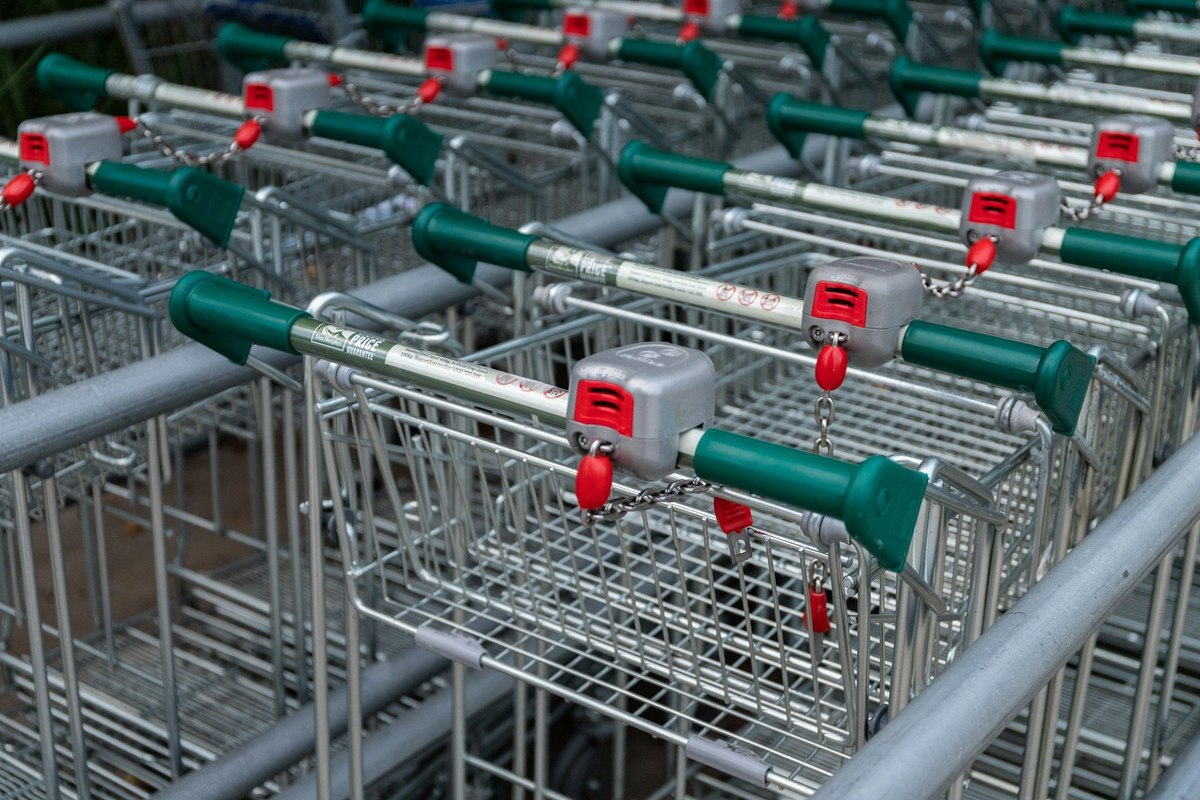
Indonesia: do households expect finances to improve or worsen in 2023?
In January, our article on APAC’s top New Year Resolutions for 2023 revealed that over half of APAC’s consumers (54%) say that better money management is on their list of goals for this year.
In this article, we explore what residents in Indonesia think about the state of their household finances – how do perceptions vary across income levels?
Additionally, do Indonesia’s residents generally expect their household finances to get better or worse over the next 12 months? And how bullish or bearish are workers from specific sectors, like real estate or retail, about their future finances?
Are household finances in Indonesia getting better or worse?
Latest data from YouGov Profiles, as of February 2023, show that almost two in five (39%) Indonesian residents say there has been no change in their household finances compared to one month ago. Data from YouGov Profiles reflect cumulative responses over the past 52 weeks.
Over a third (36%), however, report improving household finances, while less than one in five (18%) say their financial situation has worsened compared to the month before. Promisingly – compared to other APAC markets like Australia, Hong Kong, Singapore and Thailand – a larger proportion of Indonesia’s residents say their household finances have changed for the better.
Analysing by income levels reveal that higher income households are significantly more likely to report that their financial situation has improved (13-23 percentage points higher on average than middle to lower income households) – and significantly less likely to say their finances have worsened (5-10 points lower on average than middle to lower income households) or remained the same (6 points lower on average than middle to lower income households).
Conversely, lower income households are significantly more likely to report a worsening financial situation (21%) and significantly less likely to say their finances have taken a turn for the better (30%).
Do Indonesian households expect their finances to improve or worsen over the next 12 months?
When asked how they anticipate their household finances to change over the next 12 months, over three in five (61%) of Indonesian residents expect changes for the better.
Just under a fifth (18%) are unsure how their household finances will change over the coming year, while 15% expect them to remain the same. Just 5% are expect their financial health to worsen.
Regionally, Indonesia’s residents are by far the most optimistic about changes in their household finances in the next 12 months – compared to other APAC markets like Australia, Hong Kong, Singapore and Thailand – a much larger proportion expect their finances to improve.
In which sectors are respondents most bullish and bearish about their household finances in the next 12 months?
Indonesian residents who work in Real Estate are most optimistic about their household finances in the next 12 months, with more than three-quarters expecting an improvement, as do more than seven in ten who are employed in the Education, Financial Services, Legal, IT & Telecoms and Media / Marketing / Advertising / PR & Sales sectors.
On the other hand, those employed in Accountancy are most pessimistic, with one in ten expecting their household finances to get worse in the next 12 months.
Make smarter business decisions with better intelligence. Understand exactly what your audience is thinking by leveraging our panel of 20 million+ members. Speak with us today.
- To receive monthly insights about the financial services industry register here.
- To read YouGov’s latest intelligence on the finance industry explore here.
- Explore our living data – for free
Methodology: YouGov Profiles is based on continuously collected data and rolling surveys, rather than from a single limited questionnaire. Profiles data for Indonesia is representative of the adult online population (18 years or older), weighted by gender, age, socioeconomic class, city tier, and reflect the latest Indonesian Bureau of Statistics (BPS) population estimates. Learn more about Profiles.
































